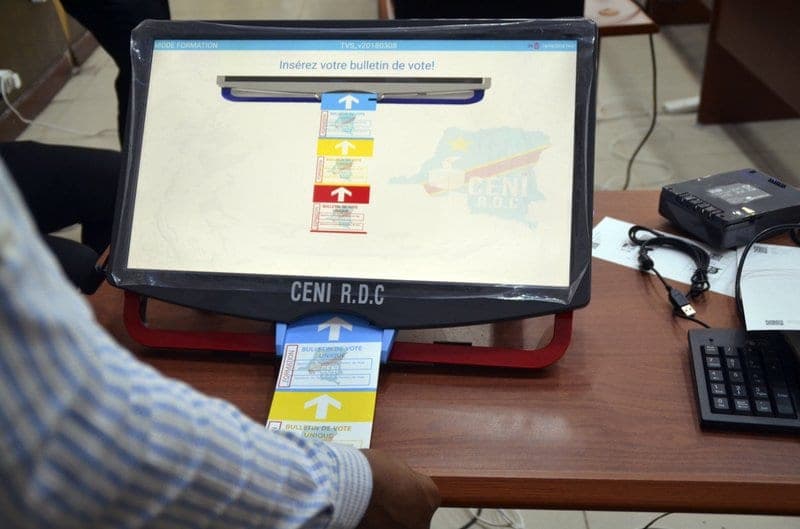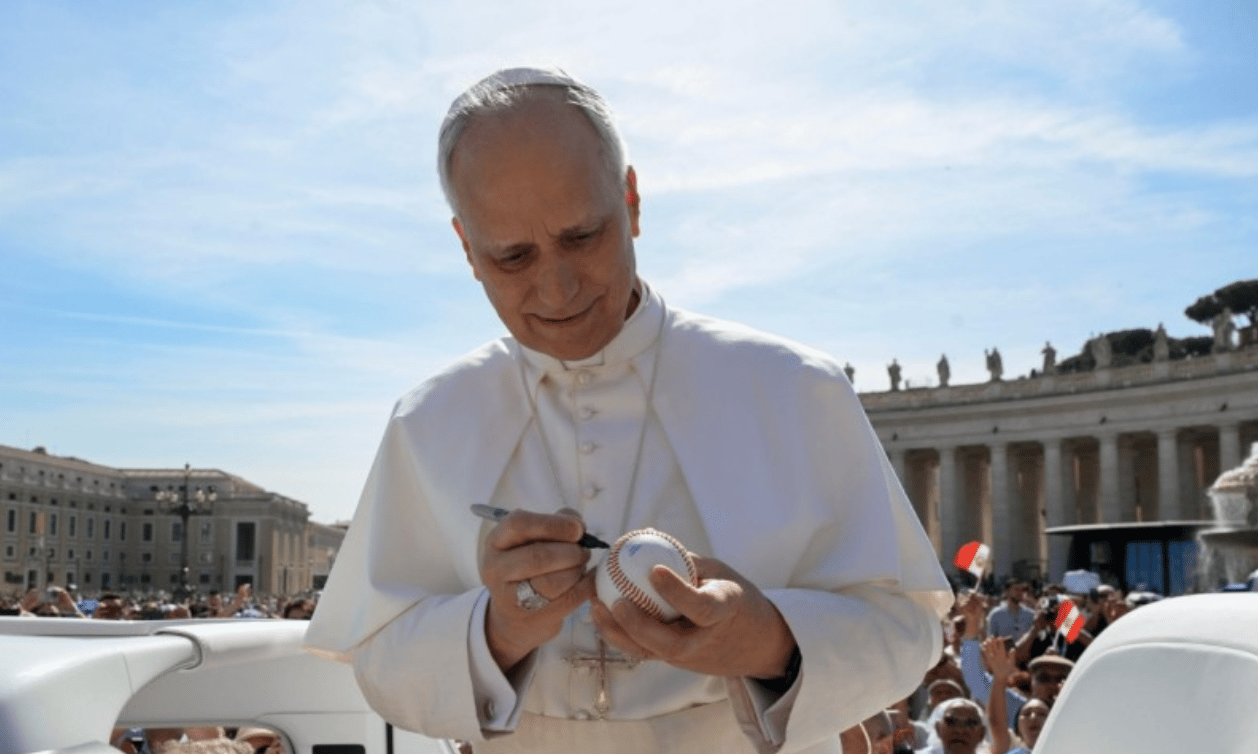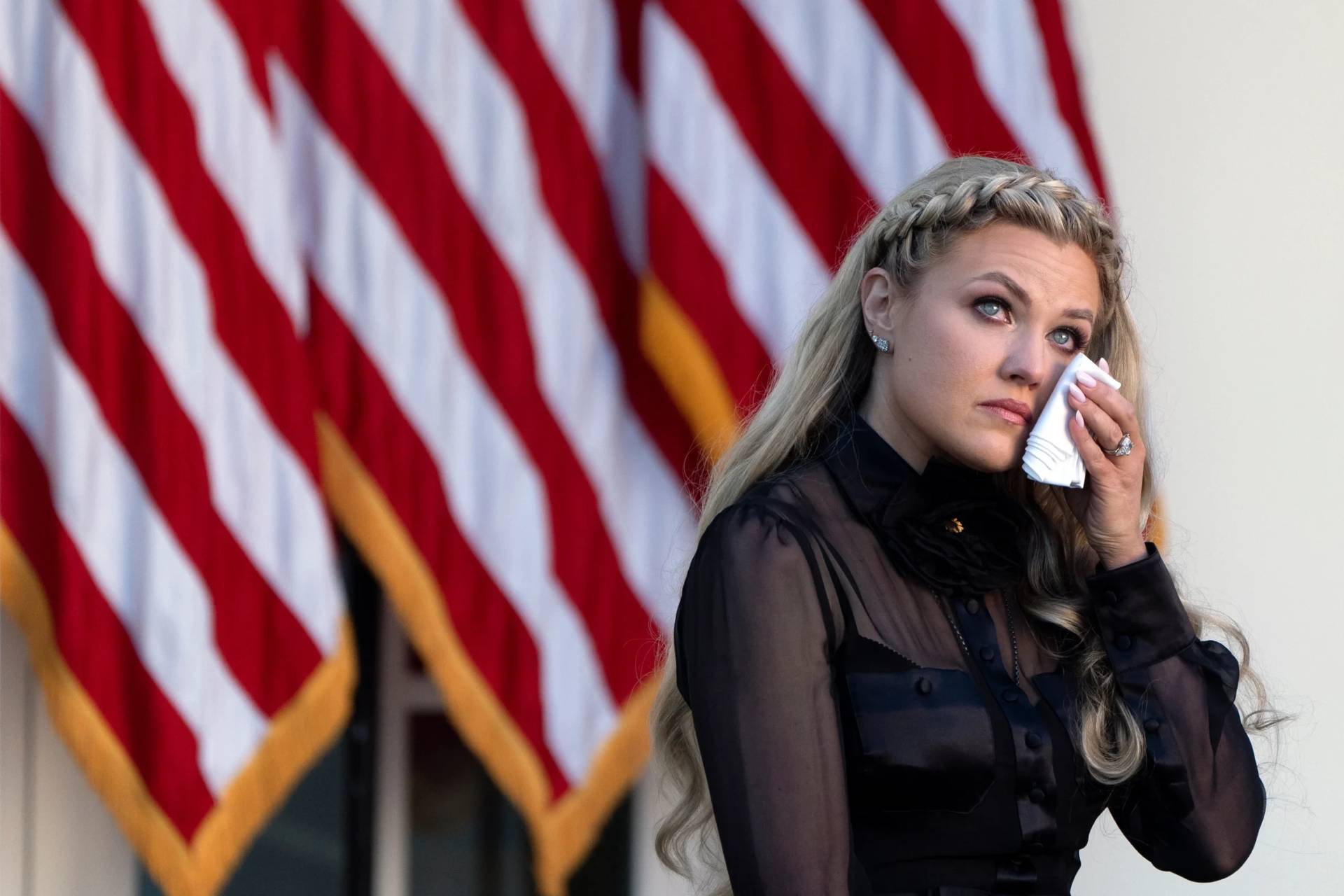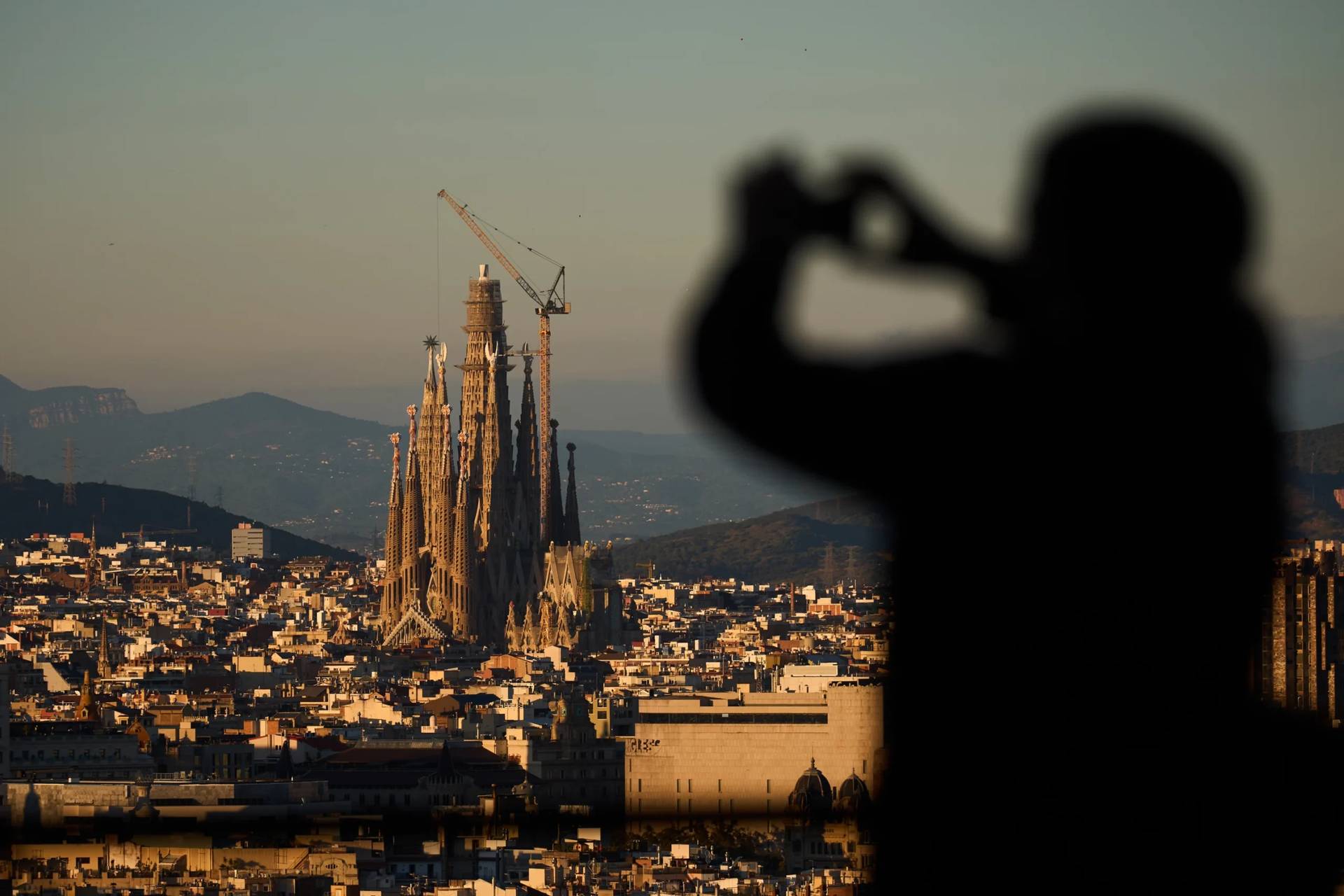YAOUNDÉ, Cameroon – Democratic Republic of the Congo’s Catholic Church says, “the political climate is still tense, the security and humanitarian situation are precarious, and human rights are being violated,” six months before elections.
The bishops statement came on June 29 at the end of the bishops’ conference general assembly and was another sign of tension between the Catholic Church and the government of President Joseph Kabila.
It is not just the local Church, the Vatican has also had problems with the president: On July 6, Pope Francis sent seasoned Vatican diplomat Archbishop Ettore Balestrero to “settle the affairs” at the Vatican embassy. Argentinian Archbishop Luis Mariano Montemayor had been serving as the Vatican ambassador, but has been in Rome since early this year after growing tensions with the president.
Kabila has been in office for over 15 years, taking over from his father, Laurent-Desire Kabila, who was assassinated in 2001. In 2006, an election confirmed him in his post. He was re-elected for a second mandate in 2011.
After Kabila’s failure to step down after the end of his second term in December 2016, as mandated by the constitution, protests left dozens of people dead.
A Dec. 26, 2016 deal overseen by the Catholic hierarchy – called the St. Sylvester agreement – called for power sharing between Kabila’s party and opposition parties in the buildup to a presidential election at the end of December 2017, in which Kabila would not be a candidate.
The elections never took place, and Kabila continues in office.
On Dec. 31, 2017, 8 people were killed, and 120 others arrested in lay Catholic-organized protests calling on the president to step down. Several more were killed during protests on Jan 21 and Feb. 25.
Now with new elections slated for the end of this year – and with uncertainty over Kabila’s candidacy – the bishops said they are “very worried by the uncertainties” surrounding the vote and are calling on stakeholders to “save the electoral process.”
“Six months to the presidential, national and provincial legislative elections, the political climate is still tense, the security and humanitarian situation are precarious, and human rights are being violated,” the bishops write.
They said the only peaceful way out of the predicament is the organization of credible elections.
“Having spilled their blood for democratic alternation of power, the Congolese people are impatiently awaiting the organization of elections on December 23, 2018, and not later than that,” the bishops’ statement said.
But for the elections not to attract violence, the bishops insist the country’s constitution and the St. Sylvester agreement must be implemented to the letter.
In the absence of any credible opposition and a free press, the Catholic Church is emerging as the only credible voice that can speak up for the people of the Congo in the face of Kabila’s regime.
Catholics make up nearly half of Congo’s 80 million people, and the nation’s bishops are held in high respect by most.
The Church operates much of the educational, medical, and social welfare infrastructure in the country, which has been plagued by conflicts for decades.
While the publication of an electoral calendar as well as voters’ lists by the country’s Independent Electoral Commission mark some advances in the eyes of the bishops, they are however concerned by the fact that there is still controversy surrounding the integrity of the polls.
An audit carried out by the International Organization of La Francophonie – similar to a French-speaking British Commonwealth – returned disquieting realities: 16.6 percent or 6.7 million registered voters didn’t have their fingerprints on file.
The bishops have called on the electoral commission to reassure the Congolese people that the over 6 million electors aren’t ‘phantom voters.’
“We call on the Independent National Electoral Commission to publish the provisional list of voters as early as possible to reassure the public that the 6.7 million registered voters without digital finger prints are not fictitious people,” the bishops said.
Electronic voting machine are causing controversy
Initially touted as a significant step in enhancing transparency in the Congolese electoral system, the electronic voting machine has become another divisive factor in the country’s democratic process.
On April 11, 2018, the country’s main opposition parties came together to reject the electronic voter machine, describing it as an “electronic fraud machine.”
“The use of the voter machine violates the constitution which requires that elections are free, transparent and secret,” according to Eve Bazaiba, the Secretary General of the opposition Movement for the Liberation of Congo.
The technology is supposed to be supplied by a Korean firm but the opposition suspects that the contract was fraudulently awarded and has called on the United States and other Western countries to freeze the accounts of the company “for illicit dealings.”
The opposition’s fear that the machines could lead to electoral corruption is based on the fact that the Electoral Commission of South Korea had warned the Congo that it wouldn’t offer any official support and couldn’t guarantee the reliability of the machines.
The controversy, and the threats of a boycott by the opposition, have had the bishops worried.
They called on the electoral commission to make recourse to national and international expertise on the use of electronic voting machines, explaining that independent experts “could help find consensus…without consensus on this matter, it will be prudent to stick to the prescriptions of the electoral calendar, namely, that ballot papers should be printed and distributed to various polling stations, as well as return sheets and results forms.”
The country’s bishops also said they were worried about the escalating violence in the country, saying they feel the government could use the situation to postpone the elections.
Keep to the St. Sylvester Agreement
The bishops also insisted that a credible election in the DRC can only be organized in keeping with the 2016 St. Sylvester Agreement.
The accord affirms article 70 of the country’s constitution: “The President of the Republic is elected through direct universal suffrage for a five-year mandate, renewable once. It follows that any president who has exhausted the second mandate can’t run for a third.”
The bishops have therefore reminded Kabila of the need for him not to seek another term when elections are held in December.
“Mr. President, we call on you to take your responsibilities before the nation and listen to the aspirations of the Congolese people by respecting the St Sylvester Agreement and the Constitution.”
They called on the Congolese people not to give in to “fear, to be resigned to their fate, and even less to violence,” insisting on the need for continued pressure to be brought to bear on Kabila to respect the constitution and the St. Sylvester agreement.
It is uncertain what role the Vatican’s new envoy will play in this process.
Balestrero is the former under-secretary for relations with the states at the Vatican, and most recently served as the Vatican’s representative to Colombia during the negotiations between the government and communist FARC rebels – in other words, a person who knows how to deal with difficult diplomatic situations.













